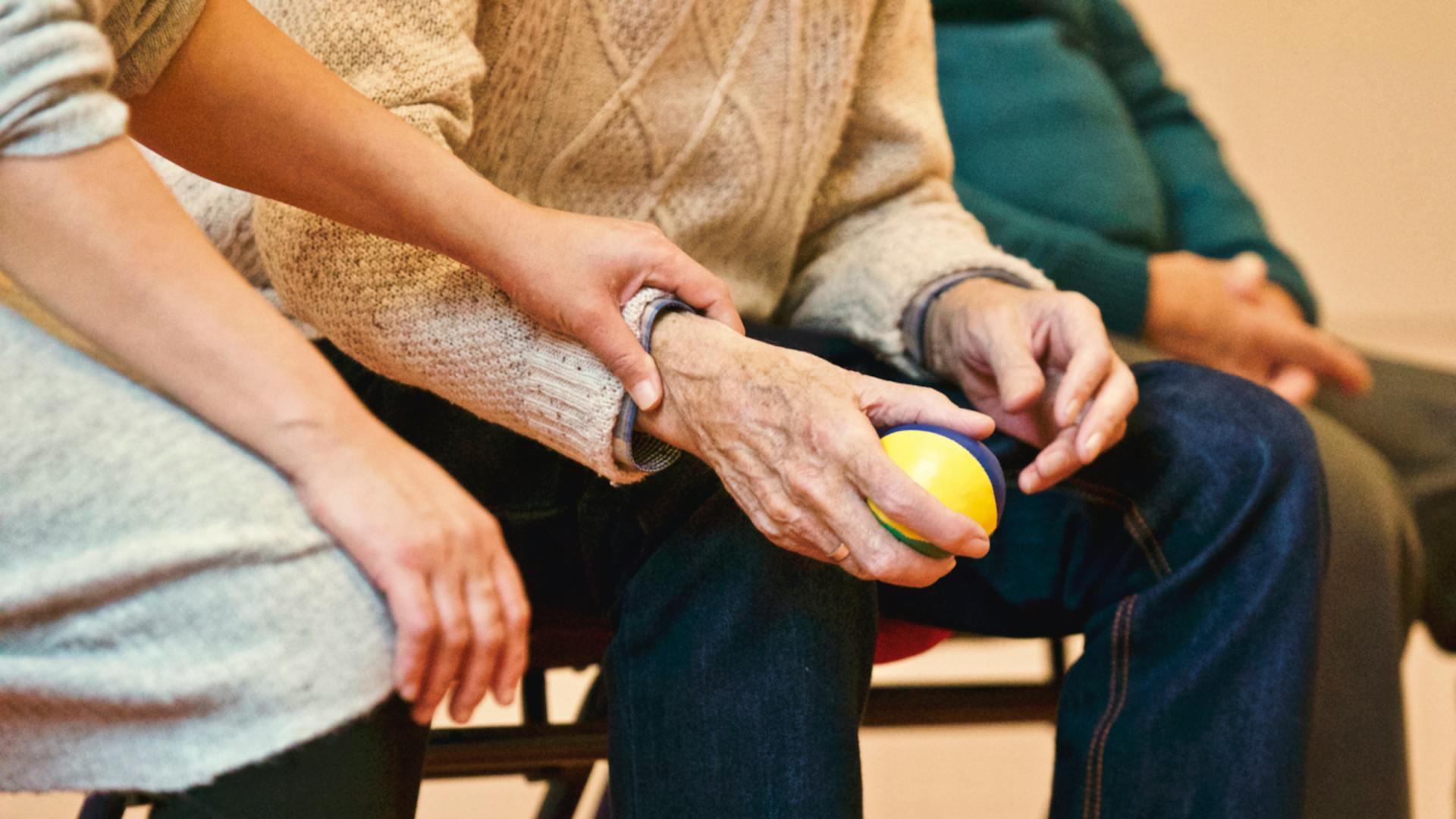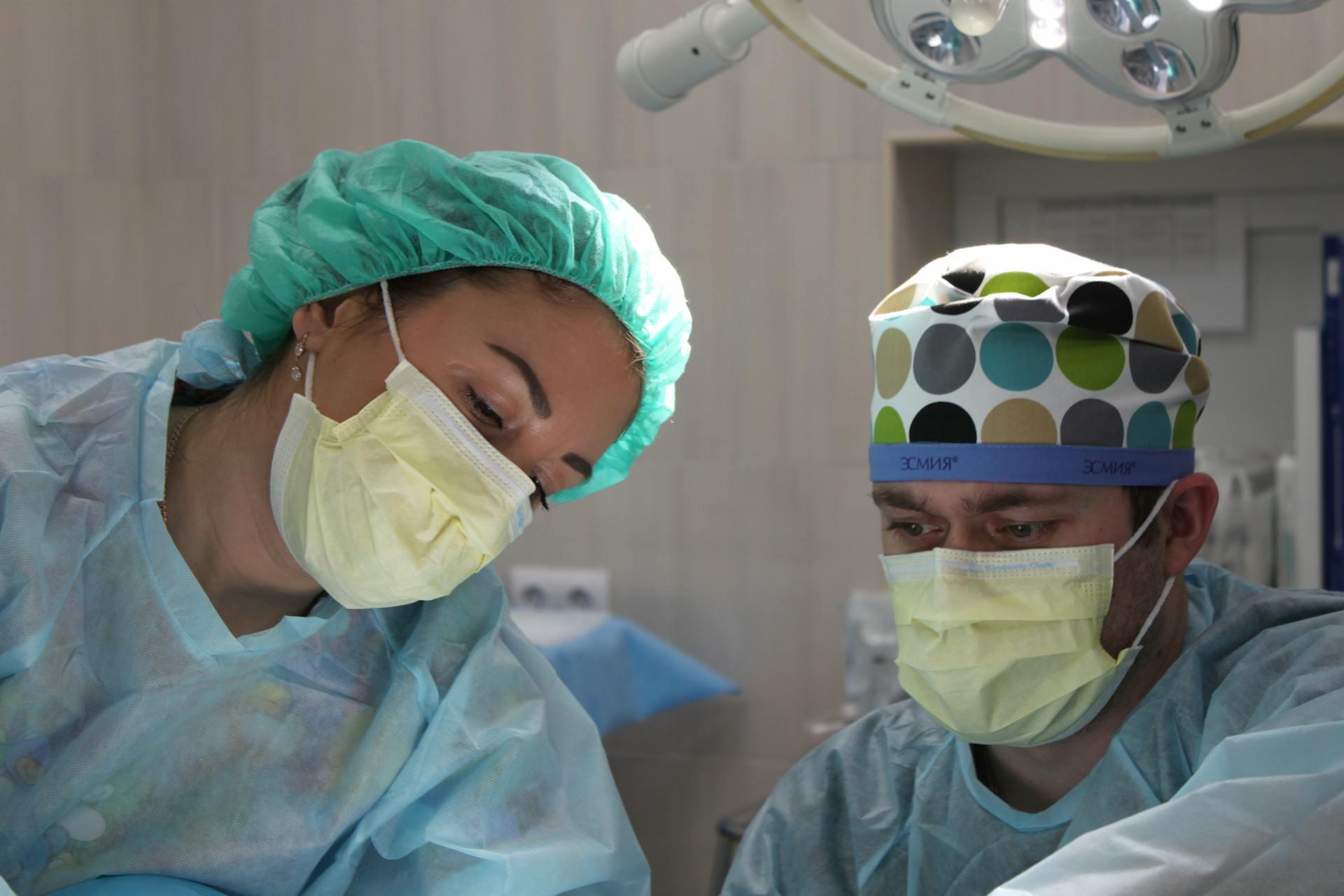If you've been thinking about becoming a nurse, chances are you already know that the most tried and tested way in is through a university degree. By studying nursing at university you'll gain the right mix of theory and practice to graduate with the clinical knowledge and experience you need to expertly care for others in a professional setting. However, before you apply for a spot at university, you'll need to wrap your head around the qualifications needed to become a full-time nurse. In this article, we'll walk you through the entry requirements for nursing degrees in the UK, explore the main fields of nursing you could potentially specialise in, and examine the various skills nurses need to thrive during their training and while on the job.
| Requirements | Details |
|---|---|
| GCSEs | 4–5 GCSEs (Grade 4/C or above), including English, Maths, and Science |
| Level 3 Qualifications | A-Levels or equivalent (BTEC National Diploma, Access to HE Diploma) |
| Preferred Subjects | Biology, Health and Social Care, Psychology, or Sociology |
| Course Duration | 3 years full time (NMC approved Nursing Degree) |
| Application Extras | Personal statement, literacy and numeracy tests |
| Skills needed as a Nurse | Communication, empathy, teamwork, time management |

Entry Requirements: What You Need Before Applying

Excited to become a nurse? Before you begin your training, you need to ensure you're meeting some basic standard requirements for entry. While each university tends to set its own criteria, most follow pretty similar rules, starting with your GCSEs, followed by level 3 qualifications or equivalent courses.
Check out our full nursing career guide.
Why it might seem like a barrier, entry requirements are there to make sure candidates have the skills and knowledge to manage academic study with hands-on training in healthcare settings. Essentially, they help universities choose applicants best suited for the pace, pressure, and responsibility that comes with such a demanding role.
GCSEs: The Academic Foundation

Most universities require at least five GCSEs at grade 4 ( formerly grade C) or above. Among these, there are three subjects that are typically non-negotiable. Check them out below.
All nursing degrees in the UK must be approved by the Nursing and Midwifery Council (NMC). The NMC sets the standards for nursing education, so make sure the course you choose is listed on their register of approved programmes
If you're coming from abroad and hold different educational credentials, make sure you check out the nursing requirements for international students to see how your qualifications compare/if they're valid.
Level 3 Qualifications: A Levels and Alternatives
Good news, you've got all the necessary GCSE qualifications needed to become a nurse. What's the next step? You'll need a Level 3 Qualification as well. While A levels are the most common route, there's more than one option to choose from.

If you're missing a certain GCSE or didn't take Biology at A-level, there's no need to panic. Many universities will still consider you if you're a strong candidate overall. Some even offer foundation years to help students wanting to meet the requirements before joining a main nursing programme
Some students, especially those who are already working in healthcare, may also consider the nursing apprenticeship training option, which combines practical on-the-job experience with academic learning and lets you earn while you study.
What Else Matters in Your Nursing Application

Having the right qualifications on hand is just one part of applying. Universities will also want to know who you are, what motivated you to try and become a nurse, and whether you're 100% ready to take on the course.
The majority of nursing applications in the UK are submitted through UCAS, the university admissions system. The deadline for nursing courses is usually mid-January so make sure your personal statement and references are ready on time!
What To Expect During a Nursing Degree?
🎓Academic Learning
Your nursing degree isn't all lectures and studying textbooks, but academic learning still plays a big part. Subjects such as anatomy, pharmacology and mental health are taught, providing you with a solid foundation to work as a nurse.
💊Clinical Placements
During the course, you'll also spend time in healthcare-specific environments. That could mean shadowing nurses on local hospital wards, assisting in GP surgeries, or working at local community clinics. Each course includes a mandatory 2,300 hours of theory and 2,300 hours of clinical practice as a rule.
🔎Checks and Registration
Before you can start your placement, you'll need a DBS check, health assessment, and up-to-date vaccinations to make sure you're ready to begin clinical work. Once your degree is all finished, it's time to apply to register with the Nursing and Midwifery Council (NMC).
Generally, most full-time nursing degrees in the UK take around 3 years to complete. However, in Scotland, the standard is typically 4 years.
After qualifying, some students also explore how to transition from associate to nurse, especially if they started out in a support role before joining a full programme.
What Type of Nurse Can You Become?
When applying to a nursing degree, one of the first big decisions you'll make is choosing what field of nursing you want to go into. Here in the UK, all university programmes are centred around one or more of the four recognised specialist areas of nursing: Adult Nursing, Children's Nursing, Mental Health Nursing, and Learning Disability Nursing. But how exactly do they differ from one another?
| Field | Who You'll Work With | Where You Might Work | What's Involved |
|---|---|---|---|
| Adult Nursing | Adults aged over 18 | Hospitals, GP, Surgeries, Community Health Teams | Treating injuries, managing long term conditions, helping with recovery of patients |
| Children's Nursing | Babies, children, and young people | Children's wards, pediatric clinics, schools | Helping young patients with illness and injury, supporting them and their families |
| Mental Health Nursing | People with various mental health conditions | Hospitals, community teams, crisis response units | Developing trust with patients, supporting their recovery, managing long term or severe mental health needs |
| Learning Disability | People with learning disabilities of all ages | Schools, supported housing, social care settings | Promoting independence, long term care planning |
Studying nursing in England? Then you're likely eligible for the NHS Learning Support Fund, which offers a non-repayable training grant of 5,000 per year, with extra support available for those with people depending on them or studying in high-demand fields like mental health or learning disability nursing
Skills of a Nurse

Knowledge alone doesn't make a great nurse. Instead, there are several key skills nurses need if they want to succeed both during their time in training and while on the job. Take a look at the list below to find out areas for improvement:
- Communication: being able to explain things clearly while also actively listening to a range of patients, families, and coworkers is arguably the most important skill new nurses will develop while in training.
- Attention to Detail: As a nurse, it's also vitally important to have a good level of attention to detail. This could mean spotting changes in a patient's condition, noticing mistakes on a patient's form, or making sure to routinely double-check doses when administering medication
- Organisation: Nurses are often expected to juggle a lot of different tasks during one shift. As a result, having good organization skills will help you manage tasks better and keep things running smoothly without becoming overwhelmed by all the minute details
- Problem Solving: Unfortunately, things don't always go to plan in a caregiving setting. You'll need to stay on your toes, make quick decisions, and stay focused when things become hectic or suddenly change without much notice
Summarise with AI:
























